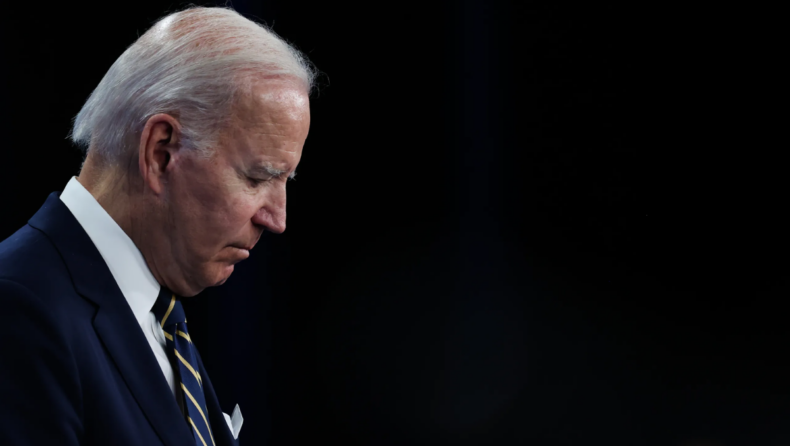President Joe Biden on Wednesday announced the long-awaited bill that will be in effect – Student loan forgiveness. This policy will ensure greater mobility for students trapped in the education debt cycle. While the Democrats rejoice, Republicans are sceptical since it can worsen inflation in the United States.

American education is expensive. Most national and international students have to avail themselves of education loans to finance their higher education. Most of the students who avail of student loans end up paying the loan off for more than 30 years. Hence that seriously amputates the purchasing power of the students going into the job market. Depth of America’s Student Loan problem.
Depth of America’s Student Loan problem.
US borrowers hold about $1.75 trillion as student debt according to the recent federal reserve, the vast majority of it is held by the federal government amounting to $1.62 trillion. This debt is distributed among 43 million borrowers including students, parents and relatives. In the last three decades, education costs have skyrocketed in the US, student loans are the only method that has the power of democratizing education for the American people but at a heavy cost. The recent costs of private education for a 4-year bachelor’s degree have doubled.
How much is being cancelled and who is eligible?
The government will cancel up to $10,000 of student loans for borrowers whose income is less than $125,000 and $250,000 for married couples. Moreover, for people who have peli grants and are lower income groups, $20,000 will be forgiven.
An initial study by the New York Federal reserves estimates, that by compensating for $10,000, almost 31% of the borrowers will benefit, that is 20 million people, and their income will rise up to $75,000
At What Cost?
The NY Feds estimate that forgiving $10,000 for the borrowers will cost the US Government $321 Billion dollars, but they are optimistic that their efforts will pay off.
On the other hand, while the Biden Administration has not given any specifics about the cost of this action, private economists have estimated that the US government have to pay somewhere between $300 – $600 billion to affect just 31% of the borrowers. Republicans have vehemently opposed the bill fearing that a sudden purchasing power in the hands of the people will drive up the prices of cars and homes and it will contribute to the already existing inflation.
Who Will Not Benefit From This?
The people who have an income over $125,000 and $250,000 for married couples, will be exempted from the bill since they are considered high-income consumers.













